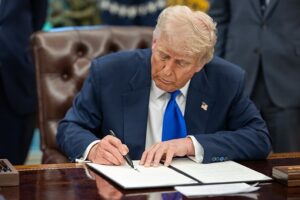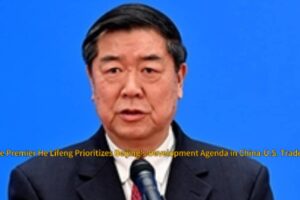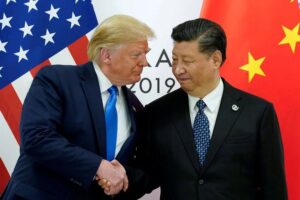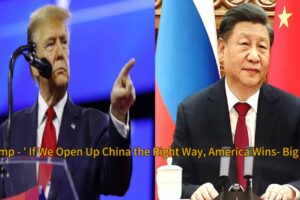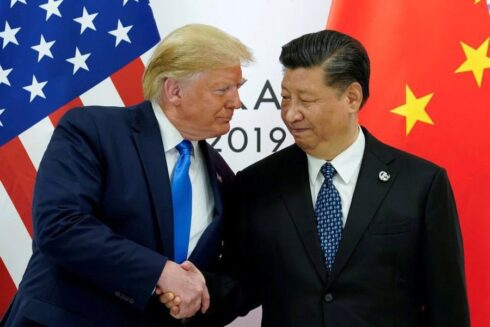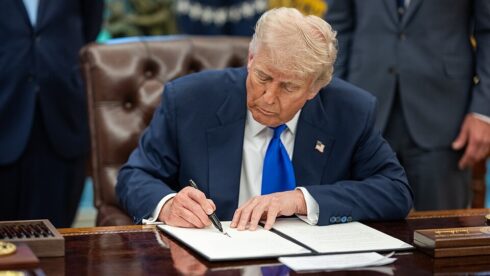Sensitive negotiations between American and Chinese delegations resumed Saturday in Geneva, Switzerland, in a bid to reduce soaring tariffs and ease fears of a global economic fallout. The day-long meeting between U.S. Treasury Secretary Scott Bessent and Chinese Vice Premier He Lifeng concluded after over ten hours, with both sides agreeing to resume discussions on Sunday.
Although official comments were sparse following the closed-door session at Villa Saladin, a historic 18th-century estate overlooking Lake Geneva, confirmation of the meeting’s occurrence came from diplomats on both sides. Several convoys of black vehicles were seen departing the Swiss ambassador’s residence, signaling the close of a critical phase in the renewed U.S.-China trade diplomacy.
Expectations surrounding the talks were high, particularly after months of escalations, with each country imposing punitive tariffs — up to 145% on Chinese goods and 125% on American exports. These levies have caused turmoil for international markets and industries reliant on transpacific trade. While early indications suggested the discussions would focus on de-escalation rather than a comprehensive trade pact, the secrecy surrounding the talks hinted at the complexity and sensitivity of the agenda.
Trump Hails ‘Total Reset’ Following Day-Long Negotiations
President Donald Trump posted an optimistic update on Truth Social late Saturday evening, signaling what he described as a “total reset” in U.S.-China trade relations. “A very good meeting today with China, in Switzerland,” Trump wrote. “Many things discussed, much agreed to. A total reset negotiated in a friendly, but constructive, manner.”
He added that the United States seeks to see “an opening up of China to American business,” indicating that market access for U.S. firms remains a top priority in his administration’s negotiating stance. Trump’s post stands in contrast to the lack of public comments from the negotiators themselves, underscoring the president’s eagerness to shape public perception of the talks.
Trump also noted last week that China “wants to make a deal very badly,” but reiterated that any agreement must be fair and reciprocal. With tariffs on both sides still heavily in place, and the U.S. trade deficit with China still at a staggering $263 billion as of last year, the pressure to secure tangible outcomes has mounted considerably.
Key Issues: From Tariffs to Tech and Fentanyl
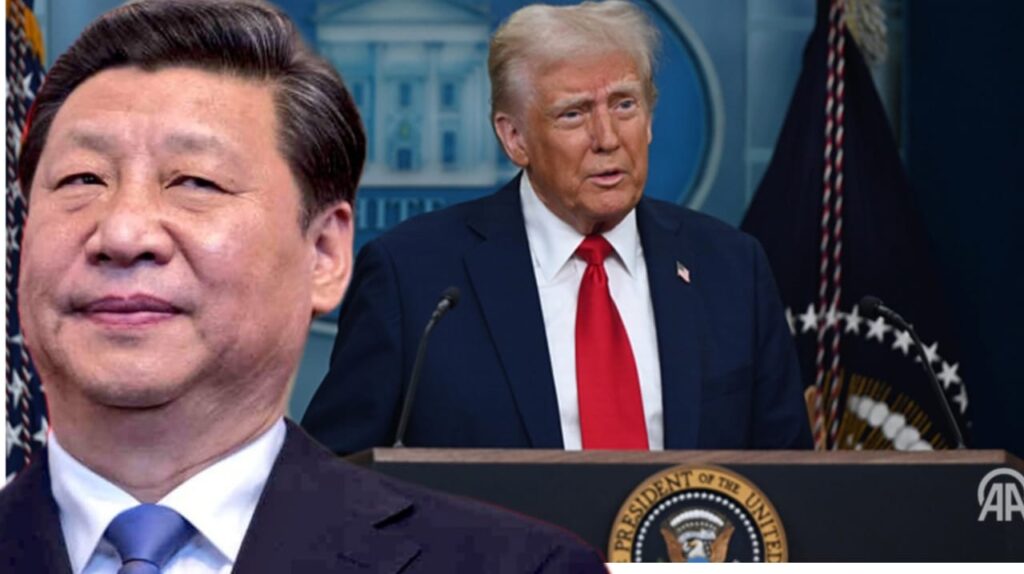
Though Saturday’s session was focused primarily on tariff de-escalation, broader disputes loom over the negotiations. Trump’s administration has long accused China of leveraging unfair industrial policies, including forced technology transfers, subsidies to domestic firms, and outright intellectual property theft. These concerns were only partially addressed in the 2020 Phase One deal, which collapsed amid the COVID-19 pandemic and unmet purchasing commitments by Beijing.
The current standoff is also shaped by national security concerns, including a 20% tariff Trump imposed on Chinese goods in response to the fentanyl crisis, alleging Beijing has not done enough to curb the export of the synthetic opioid to the United States.
Moreover, Trump has made tariffs a cornerstone of his broader economic strategy, not just against China. He has introduced a blanket 10% tax on imports from nearly every country, signaling an aggressive protectionist approach. These tariffs have triggered retaliatory moves, disrupting global supply chains and prompting concerns among U.S. allies and trade partners alike.
Switzerland’s Delicate Balancing Act in U.S. Trade Talks
While Geneva hosted the China talks, Switzerland itself found a seat at the table. On Friday, Bessent and U.S. Trade Representative Jamieson Greer met with Swiss President Karin Keller-Sutter to discuss bilateral trade issues. Trump recently suspended plans to slap a 31% tariff on Swiss goods, opting instead to impose a temporary 10% levy — still higher than pre-2024 levels.
The Swiss government has warned of the negative impact U.S. tariffs could have on crucial industries, including watchmaking, cheese, and coffee capsule manufacturing. Yet, Bern is treading cautiously, stating it does not plan retaliatory measures for now. “An increase in trade tensions is not in Switzerland’s interests,” Swiss authorities said in a statement last week.
Bessent described the U.S.-Swiss discussions as “very productive,” expressing optimism that a detailed Swiss trade proposal would soon be submitted. He also touted potential Swiss investments in the U.S. ranging from CHF 150–200 billion, thanks to what he called “President Trump’s pro-growth policies.”
Skepticism Persists Despite Progress Claims
Despite Trump’s bold pronouncement of a “total reset,” some analysts remain cautious about the outcome of the Geneva talks. Sun Yun, director of the China program at the Stimson Center, said any meaningful progress would require simultaneous de-escalation from both sides. “It cannot just be words,” she warned, adding that even a small tariff rollback would signal genuine movement.
As Bessent and He prepare to reconvene Sunday, global markets, multinational corporations, and political observers will be watching closely. The implications of a thaw — or further hardening — in U.S.-China economic relations could reverberate far beyond the negotiating rooms of Geneva.
The resumption of trade talks and the apparent goodwill shown so far could pave the way for a stabilization of relations between the world’s two largest economies. But with a long list of unresolved disputes and the memory of past failed agreements, only time will tell whether this “reset” can become a lasting solution.


